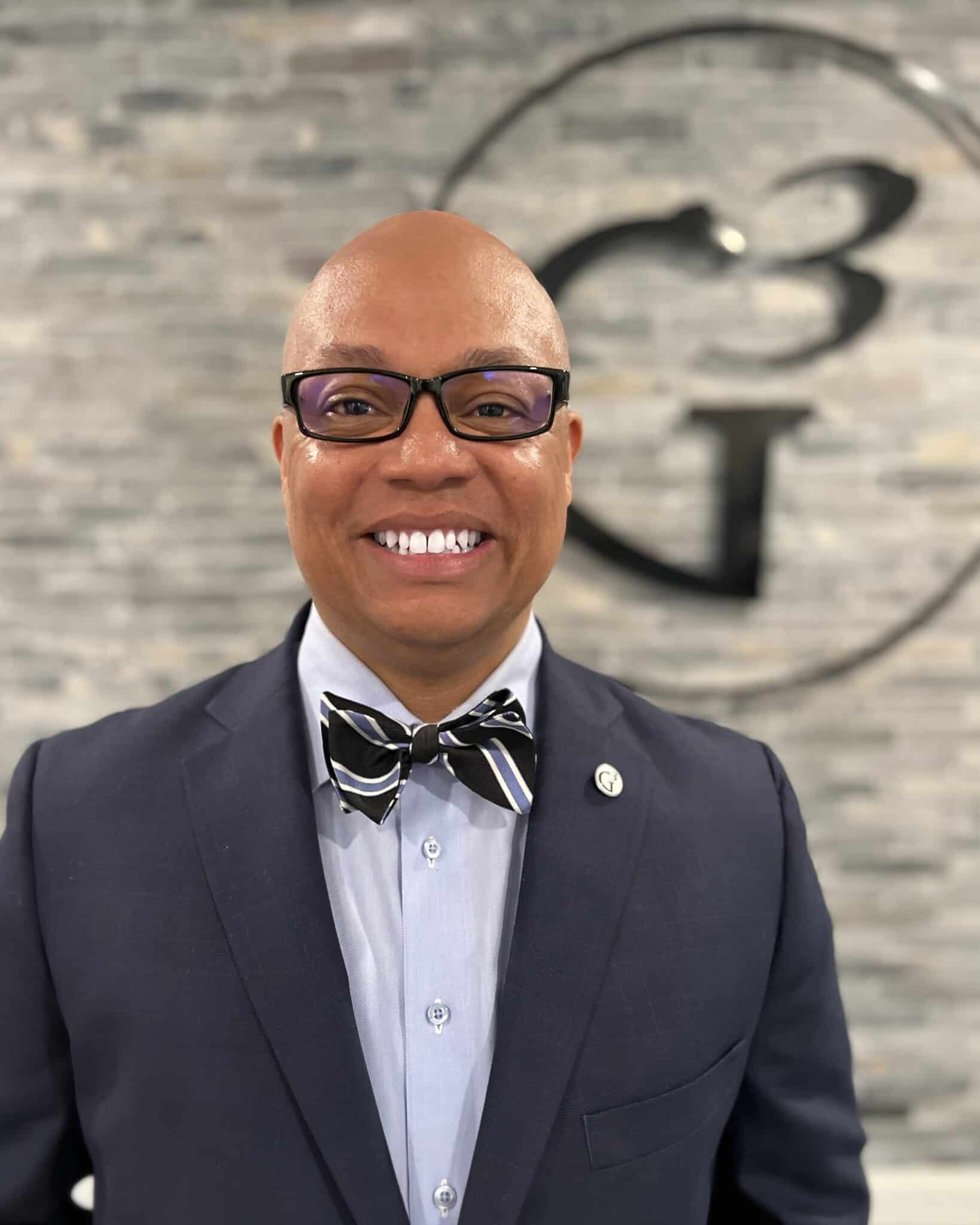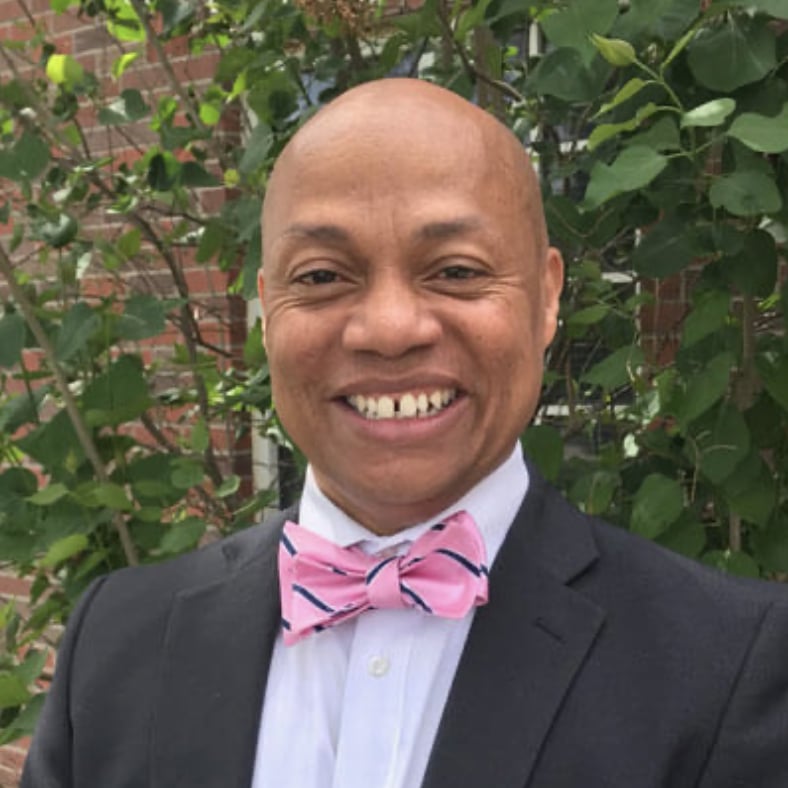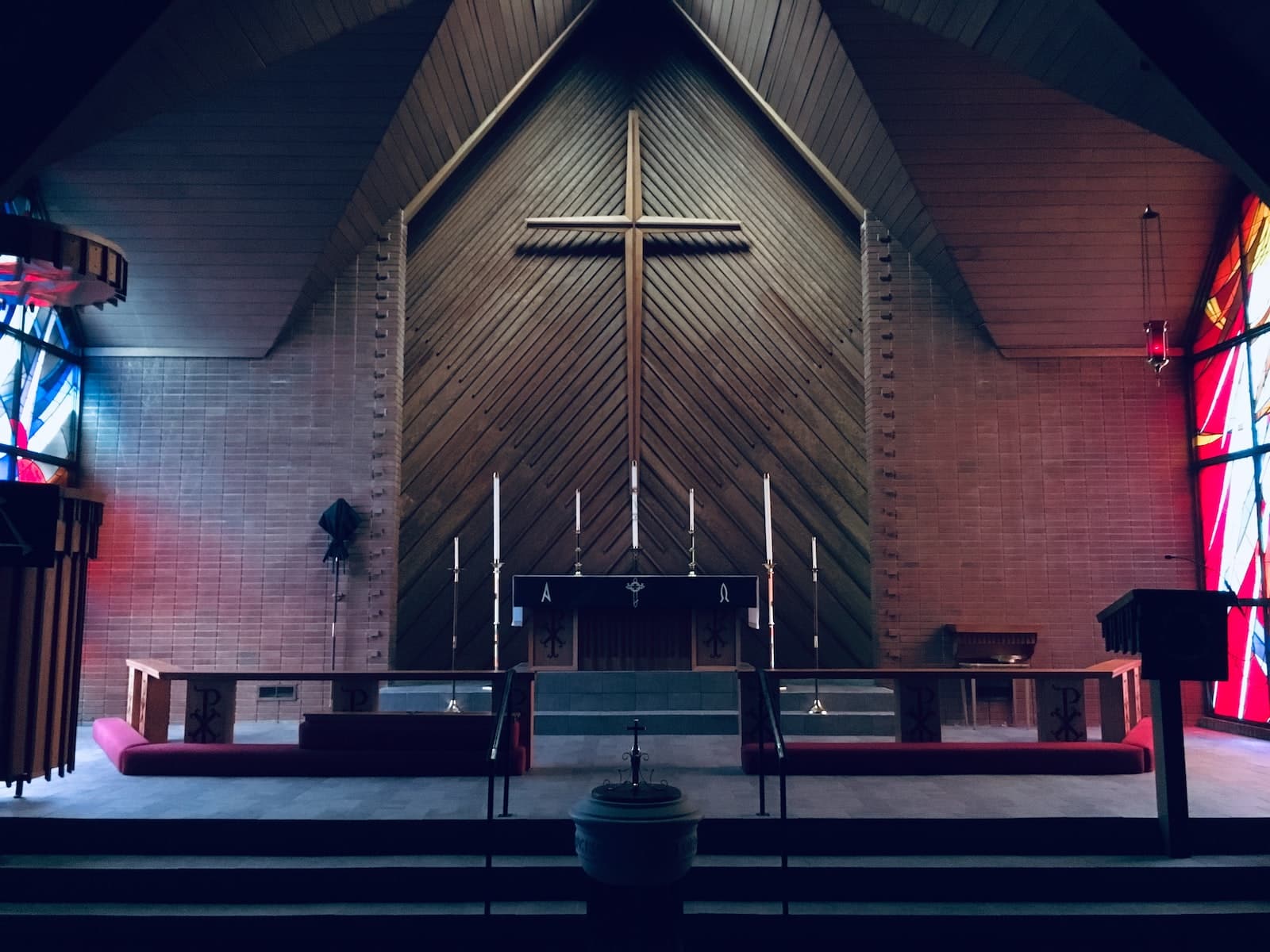Artists from every walk of life get their night to shine—a night filled with superstars congratulating one another on the success of their work from the previous year. Perhaps in the case of some, a commendation intended to honor a lifetime of accomplishments is presented. Musicians celebrate the Grammy Awards. The Emmys are the awards for television actors. For the best of the silver screen, there are the Academy Awards.
On February 1, 2023, modern civil rights leaders, social justice activists, a cast of supportive government officials, and black church leaders gathered for their version of this type of memorial. For them, the funeral of Tyre Nichols, the young man killed by five black officers in Memphis, Tennessee, was to be the venue for this self-congratulatory celebration honoring their past labor.
Civil rights leaders have learned how to use the pulpit to manipulate the blacks since the days of Martin Luther King Jr., and this practice continues to this day.
Gone are the days of the lunch counter sit-ins and bus boycotts that once embodied the work of civil rights. The public agitation historically associated with the fight for civil rights is only observable today in the aftermath of the tragic death of a black male fitting a particular narrative—shot by a white cop in the line of duty.
The storyline of this event, however, is different. White officers did not kill Tyre Nichols. Instead, Nichols was brutally beaten by five black officers.
Unfazed by the facts, narratologists began building a story blaming white supremacy for what happened to Tyre Nichols. Other news sources took a more nuanced stance, stating that the issue was institutional racism.
As ABC, CBS, NBC, and other news media outlets streamed live coverage of the funeral, the Reverend Al Sharpton took the stage to frame the narrative properly. And this is how civil rights ruined the funeral of Tyre Nichols.
A Star-Studded Event
As with any celebrity-studded event, the names of the most recognizable stars in attendance are prominently featured. After Rev. Dr. J. Lawrence Turner, the senior pastor of Mississippi Boulevard Christian Church, gave a short introduction and welcome, Rev. Al Sharpton took the stage to acknowledge all of the famous people in attendance.
While there is nothing inherently wrong with identifying dignitaries who have come to honor the family by expressing condolences, it was quite another thing to have Vice President Kamala Harris take the stage with prepared remarks encouraging the support of specific legislation during the memorial service for Tyre Nichols.
Given that a disproportionate number of black churches lean to the left politically, politics and policy discussions are now typical during church services, which used to be about worshipping God and shepherding people.
What we are witnessing at this funeral, and others like it, is more than the death of Tyre Nichols; it’s the death of discernment in the black church.
In addition to the recognition given to the vice president, the families of George Floyd, Eric Garner, and Brianna Taylor were recognized and invited to stand. With this recognition, the “behind-the-scenes” support for the Nichols family was gone. Furthermore, the deaths of Floyd, Garner, and Taylor were equated to Nichols’, although each was unique.
The Civil Rights Savior
Al Sharpton began his eulogy by reading Genesis 37:17b-20 which read,
So Joseph went after his brothers and found them near Dothan. But they saw him in the distance, and before he reached them, they plotted to kill him.
“Here comes that dreamer!” they said to each other. “Come now, let’s kill him and throw him into one of these cisterns and say that a ferocious animal devoured him.”
Sharpton uses specific words from the text as a pretext for the narrative he wants to tell. Sharpton quotes the text and calls the police “brothers” (ethnically speaking) when he criticizes their cruel actions. When he uses the word “dreamer,” he’s referring to Martin Luther King Jr., Al Sharpton, himself, and, to a lesser degree, Tyre Nichols, who had unfulfilled dreams. Lastly, the words “planned to kill him” describe how racism is built into all police departments.
Men like Sharpton will never be satisfied with their accomplishments; they return to the funerals of the dead, like vultures, to maintain any semblance of power as they continue to climb their personal mountaintops for a glimpse of the other side.
Sharpton’s allegorical approach to the text strips it of its significant meaning, which, in short, is an account of God’s sovereignty in the affairs of men. This can be found in the words of Joseph in Genesis 50:20 when, after saving his brothers, Joseph says, “As for you, you meant evil against me, but God meant it for good, to bring it about that many people should be kept alive, as they are today.”
In the end, Joseph’s brothers are forgiven, and through his actions, they are saved. The story of Joseph, in a small way, is a reflection of the life of Christ, rejected by his own, killed, and crucified, only to rise from the dead and serve as our only hope of salvation.
Sharpton is right to criticize the five police officers for how badly they beat Nichols, but he doesn’t base his criticism on the idea that Nichols is an image-bearer of God. Instead, Sharpton appeals to the death of Martin Luther King Jr. as the reason for any value found in black people when he says,
“Here we are 55 years later, near the balcony where Martin Luther King shed his blood for black city workers to be able to work in the police department.”
Sharpton continues, “The reason that what happened to Tyree is so personal to me is that those five black men wouldn’t have had a job in the police department if it weren’t for others who fought for them… in the city that Dr. King lost his life in… not far away from that balcony, you beat a brother to death.”
Sharpton concludes, “In the city where they slew the dreamer (MLK), what has happened to the dream? In the city where the dreamer laid down and shed his blood, you (police officers) have the unmitigated gall to beat your brother.”
It is evident that Sharpton sees Martin Luther King Jr. as a civil rights savior for black people. King is the reason the five black officers have their jobs. King is the reason the black police chief is in her position. King is the reason these officers should not have harmed their brother, and King is the value associated with Nichols’ life. In Sharpton’s mind, Dr. King, not Christ, takes center stage.
I’m a Mountain Climber
The crescendo of the service began to build as Sharpton told his last story about Dr. King’s final speech. Sharpton explains how Dr. King decided to attend Mason Temple, a church in Memphis, where King delivered his final speech before his death. King would tell his audience in that famous speech, “I don’t fear any man… I have seen the mountaintop. I may not get there with you, but we as a people will get to the promised land.”
Leveraging the idea of the mountaintop, a metaphor for the “other side,” Sharpton explains what he believes King saw, saying,
“I believe when he (King) looked over, he could see Barack Obama become president. I believe when he looked over the mountaintop, he could see Kamala Harris as Vice President. I believe when he looked over the mountaintop, he could see black police chiefs.”
Now, with a head of steam in the pulpit, Sharpton focuses all of the attention on himself as a civil rights leader. Shaprton begins to shout,
”That’s why I’m still marching. Yes, I’ve got books out. Yes, I’ve got a t.v. show, but I’m a mountain climber. I’m not going to stop ‘til I get to the top of the mountain. You can call me names on right-wing television; I’m a mountain climber. I expect stumbles to come my way; I’m a mountain climber. You can disgrace me, you can discredit me, but I’m going to keep on climbing. I’m going to climb until Tyre Nichols gets justice. I’m going to climb until Eric Garner gets justice. I’m going to climb until we change the laws. We’re mountain climbers. We are not day traders. We’re mountain climbers, and if God be for us it’s more than the whole world against us. . . He’s my rock. He’s my rock. He’s my rock.”
A Sad Funeral
Instead of focusing on Tyre Nichols’s life at this point in the eulogy, the civil rights movement and Reverend Al Sharpton take the spotlight as the heroes of the black struggle. Sadly, this is the often repeated pattern taking place with every tragic death in the black community.
What we are witnessing at this funeral, and others like it is more than the death of Tyre Nichols; it’s the death of discernment in the black church. The death of discernment didn’t begin with this tragedy. It has been a process of abandoning God in exchange for the immediate gratification believed to be found in government. Civil rights leaders have learned how to use the pulpit to manipulate blacks since the days of Martin Luther King, and this practice continues to this day. Men like Sharpton will never be satisfied with their accomplishments; they return to the funerals of the dead, like vultures, to maintain any semblance of power as they continue to climb their personal mountaintops for a glimpse of the other side.
As for these churches, they aren’t churches. These spaces have devolved into venues for celebrity pastors, civil rights leaders, and social justice activists to indulge in their own self-congratulatory praise, similar to any other award show. And this will be their only reward.





